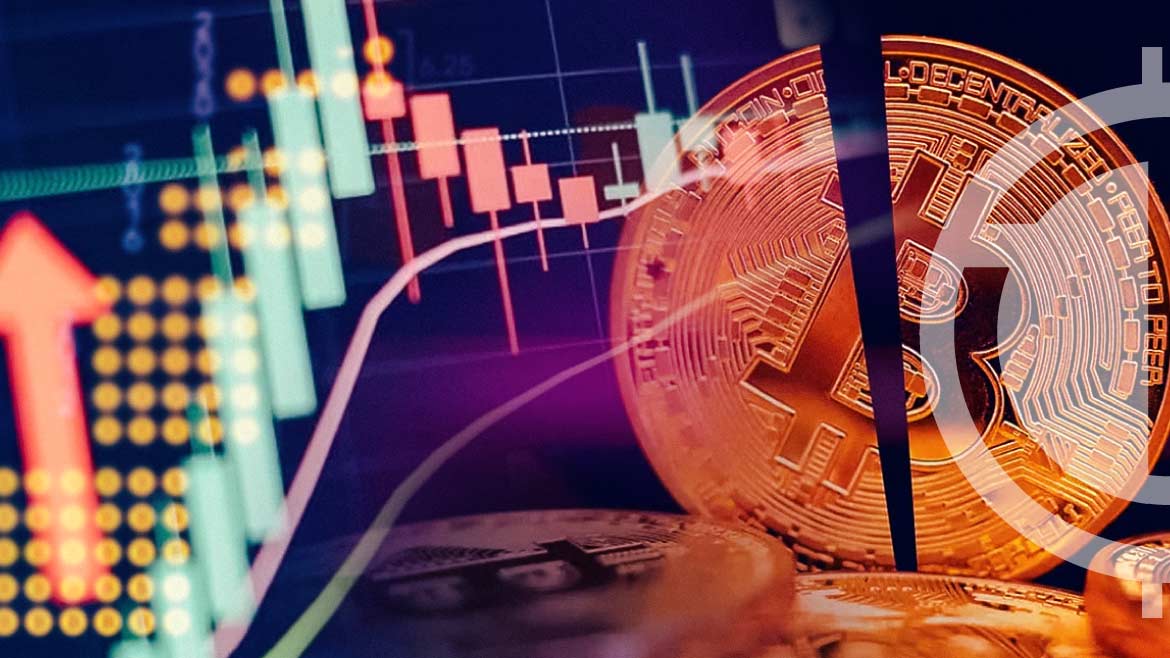In the last 24 hours, Bitcoin’s trading volume has reached $31.64 billion, representing an increase of 8.20%. The total circulating supply of Bitcoin is 19,435,875 BTC, which constitutes about 93% of its maximum supply of 21,000,000 BTC. The Fear & Greed Index, which measures market sentiment, stands at 55 out of 100, indicating a neutral sentiment among investors.
Bitcoin (BTC) is currently trading at $29,923.06 against the US Dollar (USD), showing a 24-hour price change of 0.46%. The cryptocurrency has a market capitalization of $1.2 trillion, accounting for approximately 48.3% dominance in the overall cryptocurrency market, alongside Ethereum (ETH) with an 18.9% dominance.

The crypto enthusiast Mikybull Crypto tweeted on July 22, 2023, that Bitcoin’s price pattern was similar to the one formed in 2012, before and after the first halving event. He also cited the approval of Bitcoin exchange-traded funds (ETFs) as a fundamental factor that would drive massive upside moves.
#Bitcoin 2012 pre and post halving PA forming. With 272 days left before 2024, #bitcoin will make a new yearly high before.
— Mikybull 🐂Crypto (@MikybullCrypto) July 22, 2023
Fundamentally, with the approval of ETF there will be massive upside moves
Why sell cheap to institutions? pic.twitter.com/EhaZcVaJUl
A Bitcoin halving is an event that occurs every 210,000 blocks, or approximately every four years, when the reward for mining Bitcoin transactions is cut in half. This reduces the rate at which new bitcoins are created and lowers the available supply of new coins.
The first halving occurred on November 28, 2012, when the block reward dropped from 50 bitcoins to 25 bitcoins per block. The second halving occurred on July 9, 2016, when the reward fell from 25 to 12.5 bitcoins per block. The third halving occurred on May 11, 2020, when the reward decreased from 12.5 to 6.25 bitcoins per block.
The next Bitcoin halving is expected to occur in April 2024, when the reward would drop from 6.25 to 3.125 bitcoins per block. The final halving is expected to occur in 2140 when the number of bitcoins circulating would reach the maximum supply of 21 million.
According to Mikybull Crypto, Bitcoin’s price has followed a similar trend in each halving cycle, with a significant increase before and after the event. He compared the current price chart with the one from 2012 and highlighted the similarities in terms of peaks and troughs.
He also argued that the approval of Bitcoin ETFs by various regulators around the world would boost the demand and adoption of Bitcoin by institutional investors, who would be willing to pay higher prices for the scarce asset.
In conclusion, the crypto analyst, Mikybull Crypto, has predicted that Bitcoin’s price action is following a pattern similar to that observed in 2012 before and after the first halving event. This historical trend suggests that Bitcoin may experience a significant increase in price before the next halving, which is expected to occur in April 2024.












